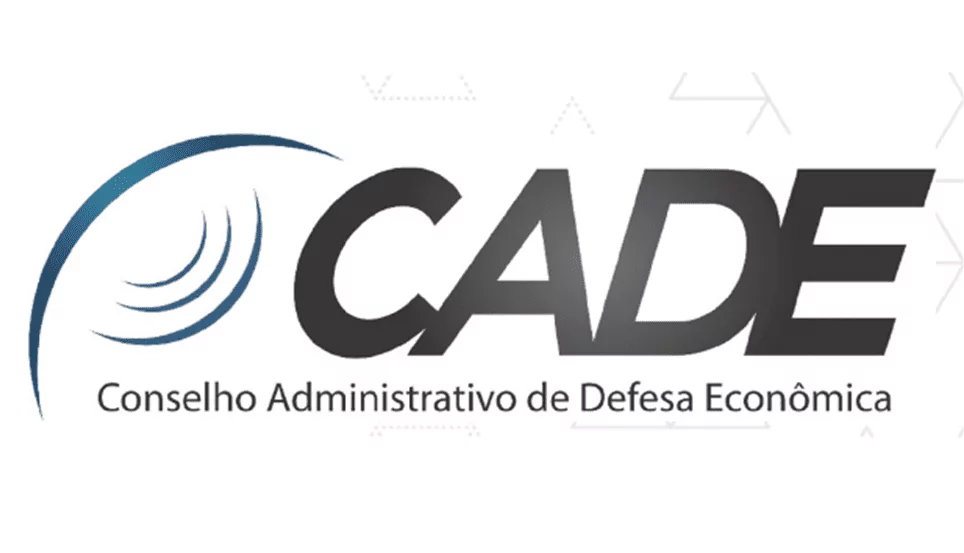Case may be brought before agency for deliberation at end of March
02/23/2024

The antitrust regulator CADE is likely to accept Petrobras’s request and release the state-owned company from the obligation to sell refineries and remaining assets in the natural gas distribution and transportation market, sources involved in the negotiations say. The sales are foreseen in the agreements signed in 2019, which aim to reduce the company’s participation in the two sectors. The CADE is expected to impose “behavioral remedies,” which are lighter restrictions than the sale of assets. The case could come before the agency at the end of March.
At the end of 2023, the current management of Petrobras requested a review of the two Terms of Cessation Commitment (TCC) signed in 2019, the first year of the Bolsonaro administration. The state-owned company had committed to sell eight refineries to open up the refining market and three gas pipeline networks. The divestments were part of a broad government program to privatize the company.
Petrobras has sold four refineries and two gas pipelines ever since, after repeatedly requesting postponements on the grounds that it couldn’t find interested buyers. Petrobras’s current CEO, Jean Paul Prates, who has been a critic of the operation since his days as a senator and was involved in the negotiations with the antitrust regulator, asked for a review late last year.
Valor has learned that the CADE tends to replace this structural divestiture measure, without major disagreements, with behavioral remedies that would include, for example, non-discrimination against competitors, a guarantee of market prices, and others.
They are also discussing whether governance measures should be adopted to ensure independent action in the event that the third gas unit is not divested. The gas negotiations are more advanced than the refinery negotiations, but the idea is to analyze the two cases together for approval by the board members. This is the general dynamic of TCCs—they are negotiated by the General Superintendence and ratified by the agency.
Sectors of the government also believe that, with the majority of the agency recently appointed by President Lula, the tendency is for the path for Petrobras to be easier—four members took office earlier this year. Depending on the terms of the review, experts say there could be legal uncertainty in the sector.
There is still no finalized proposal. Sources involved in the negotiation process say that contacts with the CADE have been very dynamic, with many “comings and goings” and the acceptance of proposals from the state-owned company itself. However, the talks are well advanced. At the very least, Petrobras could still be fined if the council deems it has violated the agreements, which is not on the table at the moment.
Pedro Rodrigues, head of the Brazilian Center for Infrastructure (CBIE), told Valor that releasing the company from the commitment to sell refineries could create legal uncertainty, both for the buyers of the four sold refineries and for possible players looking to enter Brazil. “There was a lack of enforcement of the agreements signed by the CADE. As a result, there was uncertainty for investors who might have been interested in the assets,” he said. “The change in direction of Petrobras’s policy is legitimate. The questionable point is a government agency like the CADE changing an agreement that gave security both to agents who had already invested and to future investors,” he said.
The TCCs were signed to conclude an investigation opened by the antitrust watchdog in 2018 into the company’s activities in these markets. In refining, the competition defense agency received a complaint from the Brazilian Association of Fuel Importers (Abicom), which claimed that Petrobras was charging prices below international parity, which would have affected the expectations and continuity of investments made by importers based on the company’s previous signals.
Concerning the gas market, it suspended three different cases brought against Petrobras for monopoly abuse. In the asset sale proposal, the agency considered that the company had made an “irrefutable” offer to the CADE at the time, which was aimed at eliminating its dominant position. This put an end to any illegal practices.
At the beginning of the negotiations, the sale of the assets was not an imposition by the CADE, as alternative measures could have been adopted, such as the behavioral remedies now under discussion, according to sources. They claim that the agreement was open to revision from the outset, depending on several factors, including a change in strategy.
There are still interpretations among members of the panel that the recent change in pricing policy, which changed the PPI model, could justify the obligation to sell the refineries.
Sergio Araujo, president of Abicom, believes that if the CADE accepts Petrobras’s request, it will have to establish robust alternative remedies. “With the revision of the contract, anyone who invests in refining will be competing with the dominant player (Petrobras), which may have a pricing policy that doesn’t conform to the market,” he said.
Petrobras did not reply to a request for comment.
*Por Beatriz Olivon, Guilherme Pimenta — Brasília
Source: Valor International
